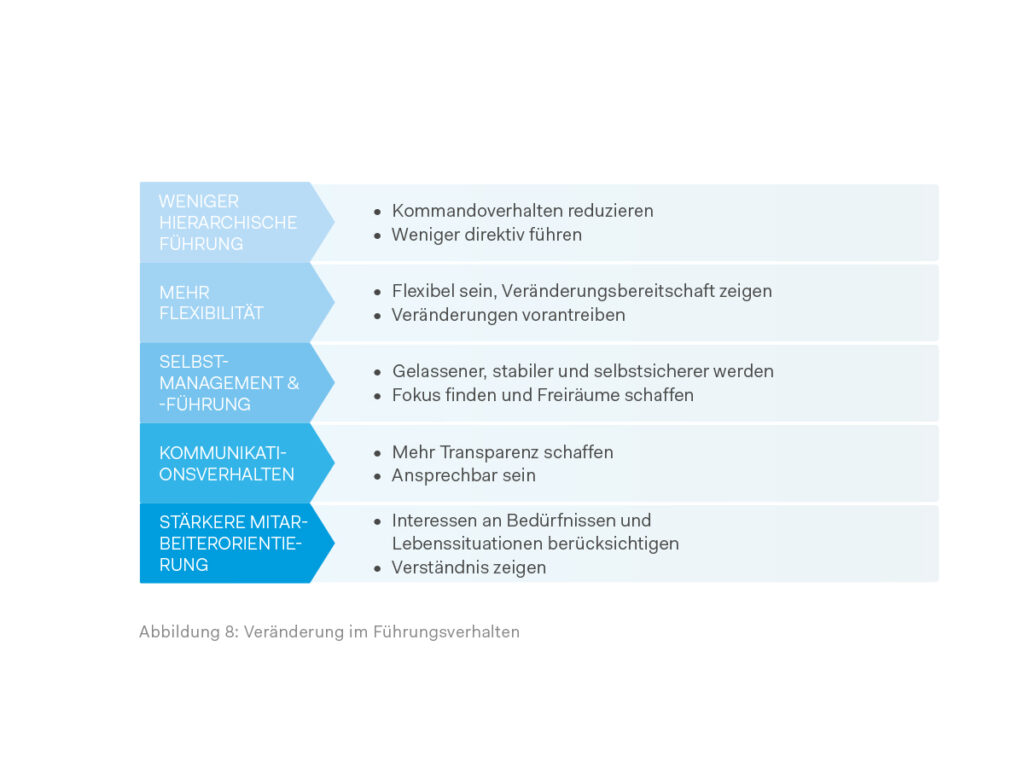A review of the Next Leadership session at #NextChampions.
When Dr. Felser (Netskill Solutions) invites, full halls are guaranteed. This was also the case on March 28 at #NextChampions. This time, people gathered between ball pools and inspirational attractions at Phantasialand to discuss, exchange ideas and network in fishbowls, panel discussions and various sessions. Topics included viable success patterns for hidden champions and other companies in the relevant design areas of marketing, new work and HR, and Industry 4.0.
Moderated by Erwin Stickling (Personalwirtschaft), Michael Kühner of Strametz [&] Associates was given the opportunity to speak in his session on the topic of Next Leadership and discuss with Christina Schulte-Kutsch (Telekom), Oliver Maassen (Trumpf) and numerous participants what is left of leadership today, in times of self-organization and non-leadership.
Introduction to the topic of Next Leadership
According to the University of St. Gallen, there are key success criteria for successfully implementing new working environments. Meaningful leadership, culture, self-organization and a focus on people are at the forefront of successful trailblazers. Their claim is characterized by their high performance, innovation and high employee retention.
But are the criteria for success now all new things that companies must integrate into their management approaches in order to successfully compete in new work environments? Or are these perhaps topics that are components of basic leadership skills anyway? After all, this is about the people themselves, who have always been the most important component of an organization.

In our own study, “Demands on Leaders and Implications for Leadership Development,” we asked what behaviors leaders will need to change most in light of future work environments.

It is interesting that 20 percent of the answers given are aimed at refraining from a certain behavior. What is desired is less hierarchical leadership via announcements and direction, which is presumably top priority due to the newly emerging organizational forms. The trend toward the diminishing positional power of executives is clearly discernible. It is therefore not surprising that the focus is shifting more towards behaviors for managing one’s own self in order to be able to continue to lead successfully in changed structures in the future.
Overall, the focus here is also on the people themselves and less on the hard, economic facts. That’s also the focus we see in Next Leadership. Not only are digitalization and global trends changing the world of work, but the human resource remains the decisive competitive factor.
What all must be new?
When asked to what extent Next Leadership is already being practiced at Trumpf, HR Director Oliver Maassen revealed that he would be happy if “normal leadership” worked first – how could he think about Next Leadership? Isn’t leadership in basics enough first, or does everything always have to be “new” or “new”?
This is precisely what is crucial about our Next Leadership approach and understanding of leadership. For us, it is important to look at each organization individually. Next” leadership can therefore always be worked on, as we understand it as a timeless expression (what is the next step a company needs to develop its leadership culture?). There will always be a next step, and it is always adapted to the current situation of the organization.
Is leadership still desirable?
But what is leadership worth in the future without its leaders? Some rely on self-organized teams that manage without a disciplinary manager. The others feel that leadership is getting stronger. Are they mutually exclusive? No. Because leadership always takes place, regardless of whether it is hierarchically driven or based on professional competence or charisma.
The question was raised whether leadership is still attractive to young people. Because the impression often arises that many young people no longer want to lead at all, but prefer to be led. What could be the reason for this? Is it the fear of too much responsibility and the associated pressure from above? Is it the avoidable excessive workload itself? One thing is certain: Next Leaders have a different understanding of leadership than the generations before them, and as a result there is a need for change in HR development and especially in leadership development.
How do you go about making the changes?
Finally, Michael Kühner emphasized once again that the values, attitudes and actions of individuals, and thus the entire leadership culture of the organization, must be reviewed and often changed in order to be able to implement the next level of leadership in the long term. The process of new leadership is therefore a long one, and it remains exciting to see how organizations will develop in terms of Next Leadership.
… to be continued
In our Next Leadership book, we provide a comprehensive overview of empirical findings, different approaches and approaches to leadership in new work environments, as well as suggestions for implementation in the company with methods and best practices. You are welcome to obtain a bound copy (while supplies last) or the online edition from us. Simply get in touch with us. We look forward to exchanging ideas with you about this.
For more exciting insights, please take a look at our news section










